“He approached the old woman, with tears in her eyes and he spread his arms wide, then closed around her shoulders. She felt so frail in his arms, not like how he’d remembered her those years before. The lack of a balanced diet, her cancer, and the stress of life post-May Day could wither the strongest soul. But, to his surprise, she mustered the strength to wrap her arms around him, too. It was the first hug she’d given him in years and although it did nothing for him, in those moments he tried to suppress those dark thoughts that wondered how much pressure it would take to snap her in half.”
—T. R. Hudson, Automaton
“I didn’t fight it. I should have.” He started sobbing again. The streetlight down the alley made shadows of them along with the buildings, exaggerating his movements along the bar’s outer wall like a puppet.
“But you didn’t.”
This made the man only cry more. He raised his face to get some air, escaping the smothering comfort of his hands, revealing the bloody, beaten face that Donahue left him with. Shards from his glasses were embedded in different spots around his face. The frames sat crooked on his nose, just as useful as the man was himself. Michael was sure that there were other such wounds all along the man’s body. He sat, rocking back and forth, muttering to himself. Michael took a few steps back, straightening himself out.
“It could be worse,” he thought. “I could be him.” He left the man in that alley, curled in agony, screaming like a wounded animal.”
—T. R. Hudson, Automaton
I: Birth of Media
Culture ebbs and flows… year by year, decade by decade, the quality and relevance of art; film; music; literature; comics seems to mimic the progression of oceanic tides, aesthetic waves swelling up or receding from public attention, as avant garde subcultures explode into view with abrupt, violent upheavals.
Only the tsunamis are remembered, after time marches on.
The great artists.
Visionaries.
Dreamers who defined their generations, and spoke with such poignant force, that in retrospect it seems impossible to determine whether these pioneers individually shaped the development of history, or merely voiced and articulated the inevitable path demanded by vast historical movements.
Only the great artists are remembered… Coppola… Spielberg… George Lucas… James Cameron… Alfred Hitchcock…
Past greatness reveals in stark clarity the inadequacy, and mediocrity, of the American present.
Bland, shallow American media entertainment becomes bland, shallow international fiction in a globalized economy where American media is swiftly exported to every corner of the larger world.
Regional subcultures wither, displaced and dislodged by the intrusion of a ravenous, poisonous invasive species. Corporate blockbusters devour market share. Japanese cartoon animation, and South Korean low-budget indie films, are two of the rare examples of a thriving aesthetic community which can endure amid the market pressures imposed by the American distribution chain.
Survey contemporary media, and you will find a desolate wasteland.
Today literature seems dead, Hollywood seems dead, comics and television and music seem to be dead. Commercial engines grind on. Billions of dollars of merchandise are sold. Gross-Domestic-Product records no problem, all is fine, you should relax and consume, the Green Line Go Up. Beneath this unrelenting churn of attention and distraction; promotion and commotion; performance and affordance, there is a vast spiritual emptiness — Sound and Fury, signifying nothing.
Everyone is talking, everyone is selling a product which promises to change your life, everyone is demanding your undivided attention — and they have nothing, nothing to say.
For many years, popular art has pretended to “speak truth to power”.
“Late-stage capitalism” has functioned as a convenient scapegoat for the excess of industrial modernity.
Capitalism is the perfect culprit.
Because an economy is abstract and enormous and merciless and impersonal, the practice of blaming capitalism for social dysfunction, declaring that money is the root of all evil, delivers to us the transcendent miracle of a crime without a criminal. Conquest without a conqueror. Theft without a thief. Prophecy without a prophet. Simultaneously everyone is guilty, everyone is a loathsome sinner worthy of religious condemnation, and no one is.
The ideal motte-bailey rhetoric.
All citizens are monsters; all are victims.
Participation in the mundane economy is hideous neocolonial imperialism wrecking the sweatshops of China, South America, Africa… participation in the mundane economy is a compulsory, dependent addiction forced upon innocent Western civilians during childhood by the evil supply chains of neoliberalism.
You are evil; you are innocent.
Now give us money, power, loyalty, obedience.
Repent, and confess.
Government is your affectionate mother, the government is your enraged father… don’t think too much about this, simply obey.
If human freedom demands eternal selfishness, if capitalism depends upon ruthless deceits; betrayals; seductions — human freedom must be ended, and enslaved. Or phrased in more polite terms, the empire’s population must be educated to obey a new, higher morality.
Only consolidation of power into an efficient, draconian centralized government can solve the problem of human imperfection… only centralized government can teach, guide, Nudge the irritations and barbaric, atavistic inefficiencies of spontaneous individual selfishness into a more productive compliance.
All mankind must be enslaved, I mean, educated to behave in a more moral fashion.
There is a religious vindication here, provided by the status quo. The excoriation of small-scale, self-interested market transactions provides vicarious authority, and moral superiority, to operatives who participate in their role as agents of the establishment.
Criticism of finance feels edgy; it feels like a dangerous risk, a brave act of defiance stabbing against the all-powerful legions of a hegemonic system.
Leftist artists enjoy a phony simulacrum of authentic transgression: To pose as rebels, claiming the mantle of Woke Social Justice Warriors, empowers them to play as both outsiders and insiders, rewarded by the establishment while pretending to critique and deconstruct entrenched institutions.
Money is a tool.
A social technology, a useful illusion produced by social consensus.
Pure information? Not quite.
Money is a signal, a signaling mechanism, a delayed indicator of available resources, which can be liquidated and transmuted into an endless variety of solid objects; assets; commodities.
There will always be a market economy… information transmitted along financial vectors of currencies and commodities… to scapegoat capitalism is not even quite dishonest.
It’s a half-truth.
Economics is ruthless; economics is insatiable.
(The love of) money is the root of (all kinds of) evil.
Cash inflames desire; desire provokes intrigues, injustices, transgressions. Any crime large enough to shape a nation will also involve significant financial transactions.
A few decades ago, inhuman market logic seemed plausible to explain the direction of American culture, and the media which was exported to foreign theaters, bookstores, networks. Sensationalism prioritized attention, strictly measured in Nielsen ratings. MTV (Music Television), Adult Swim, Playboy, National Enquirer, Gawker, Comedy Central, The Maury Povich Show, Jerry Springer are some of the more prominent examples of a subversive zeitgeist in which corporate media delighted in violating traditional standards of Christian morality, propriety, and decorum — immersing themselves in vulgarity, filth, petty tragedy, and absurd levels of individual dysfunction.
Sometimes this trashy spectacle included mild stripteases of women in bikinis. Often broadcasts descended into custody disputes, fistfights, and sexual degeneracy of every persuasion.
Personal trainwrecks provided sobering drama which gratified a sublimated sadism in the average viewer.
Someone like Doctor Phil justifies his show by saying that his interviews, and interventions, function as a cathartic form of televised therapy, where a mass audience is able to recognize their own personal flaws by observing the same struggle in other people.
Another half-truth.
There’s a simpler explanation.
Everyone has problems, and ordinary people feel trapped in the grinding tedium of their lives. They feel lost, weak, helpless. But ordinary misery, ordinary helplessness, ordinary despair doesn’t seem quite so tragic compared to the weekly human trainwreck depicted on the stage of Jerry Springer — crippling debt, hideous obesity and pockmarked deformity, weeping cuckolded husbands confronted by proof that their children belong to another man.
Average people are average.
Average people fear discomfort, crave validation, avoid painful realizations, and remain deeply unsatisfied with their lives. One of the only options to numb their pain, to feel nothing, is to sadistically watch someone else suffer horrific tragedy.
This violation of Christian ethics, wallowing in filth, rejoicing in obscenity, spotlighting misery, was justified under the pretext of greed. And digging into the depths of the human condition was absolutely profitable. Supposedly, the customer was always right: Broadcast networks were prisoners of inevitable economic logic.
In all areas of life, a pattern of creeping, festering ugliness was framed in terms of giving the people whatever they want.
Beauty, quality, and durability were abandoned in pursuit of cheap, brittle utility. Excellence was critiqued, condemned, diluted, suppressed, persecuted.
When you identify this trend, you start to NoOOOootice the same logic playing out in every industry, every community, every aspect of civilization.
Brutalist architecture replaced classical elegance.
Industrial seed oils contaminated nutrition.
American factories were shuttered, shipped overseas.
Supposedly industries were prisoners of inevitable economic logic. If a businessman retained his factories in Pennsylvania, then his competitors would offshore first, undercut him on price, and capture market share. Therefore, the educated business mogul needed to betray his workers before his competitor could attempt to outrace him.
Continual erosion of quality of life was portrayed as a natural symptom of freedom. The profit-motives of “late-stage capitalism” designed a world of filth, ugliness, fragility, myopic distractions, and petty irritations.
The profit motive is a convenient excuse.
A distant, impersonal scapegoat.
The poker tell, the skeleton key, is to examine what power overrides capitalism at key junctures — lawsuits, and regulations. Lawsuits originate from below, sourced from friendly activists, agitators, and malcontents who function as agents of the global managerial empire. Regulations originate from above, accompanied by judicial rulings pronounced by a smug, nondescript priesthood of obscure, unaccountable magistrates who nobody can name… nobody can remember… nobody can punish for their profligate abuses, excesses, thefts, intrusions, and tyranny.
Lawsuits, regulations, and judicial orders regularly override capitalism, and democratic referendums. They frequently redirect the profit motive, overruling the supposed “invisible hand” of the free market economy.
These grasping, strangling laws have become the true invisible hand of the global American Empire.
A quiet, inviolate religion of the bureaucratic system.
Gay Race Communism.
Sacred cows are steered to NUDGE law towards eternal revolution.
Morality is updated each year, each decade, to condemn and desecrate the past.
These religious laws, which forbid certain words as blasphemy, which prohibit similar actions with a draconian fanaticism enforced by dysgenic multitudes, built a comfortable, dysfunctional world of weakness, apathy, and oversocialized hysteria.
Filth, promiscuity, and incompetence are promoted.
The destruction and distortion of art is merely one aspect of this multifaceted conquest by the managerial priesthood. Films and novels are pressured to conform to the dishonest Woke religion. Since art is a simulation of life designed to reflect useful moral parables, even fictional characters are supposed to reflect the false theory of human nature advocated by the inverse moral hierarchy of the modern, global empire.
Beloved classics are rewritten.
Contemporary stories don’t get published, funded, or filmed unless they comply with the censorship of the current Regime. Perhaps some rare Based art can sneak past the censors. But it requires intense passion, diligence, cunning, boldness — and luck.
The career of Taylor Sheridan illustrates this kind of rebellion against censorship, the pressure to conform, the rewards of selling out, perverse temptations, and the overwhelming probability of eventual defeat when an intrepid, defiant auteur is engulfed by the Hollywood studio ecosystem. Taylor Sheridan’s early films (Sicario, Hell or High Water) were masculine, nostalgic lamentations crying out against the disappearance of the American cowboy, and everything he symbolized. The death of real manhood. The death of warrior culture. The death of the Western frontier. The death of small business. The death of freedom, patriotism, honor, bravery, romance, and beauty. But eventually that spark of greatness was not snuffed, but redirected into affirmations and celebrations of progressive sacred cows (Wind River, Tulsa King, Yellowstone, Mayor of Kingstown, Without Remorse, Those Who Wish Me Dead, 1883, Special Ops: Lioness).
Integrity is difficult in this kind of corrupted, oppressive environment.
Sacred cows imply foreign idols.
Artists, citizens, and businesses are commanded to worship the golden calves of DEI.
How is this eternal moral crusade, the expansion of religious tyranny hidden? How does this fungal contamination spread? Through the multiplication of vast, bureaucratic, centralized corporations. Nobody knows who is running a billion-dollar conglomeration. You need a lawyer and an accountant to simply identify the chain of command. From the outside, these titanic clusters of paperwork and procedure remain opaque.
Enigmatic hydras, prowling financial labyrinths.
Corporations merge with government bureaucracies into fearsome, lucrative cartels. The nature of power itself becomes ambiguous. Influence flows in all directions. Everyone is getting paid; rewarded for their service.
When Disney sends lobbyists to Washington, who is in control of the relationship? Is the money tribute? Or a bribe? Information, cash, and personnel are channeled along the arteries of a vast organism, breathing in and out.
The relationship is complex beyond imagining.
Even identifying the companies which Disney owns and controls involves bewildering analysis, a forensic audit far beyond the capabilities of any ordinary citizen.
Entrenched monopolies can purchase their potential competitors… Disney acquired Pixar, Lucasfilm, and Marvel to compensate for their own lack of creativity and imagination.
Laws are bent, broken, rigged so that favored cartels will dominate a predetermined “free market competition”... in 1998, the Sonny Bono Copyright Term Extension Act protected Disney from public competition, by extending duration of intellectual property so that Mickey Mouse would remain a profitable asset.
This complex maze exists to hide accountability, diffuse responsibility, shroud ownership of destructive trends.
Nobody is supposed to be able to pierce the fog.
But there is an escape — a digital, mimetic insurgency.
FrogTwitter is authentic; an embryonic alternative.
Still weak, small, and insignificant. For now, and for a while to come.
FrogTwitter represents the honest, provocative emergence of a decentralized counterculture willing to propose forbidden dreams.
That blasphemy, that desecration of sacred cows, leads towards real freedom — emancipation from the doctrine of relentless, universal emancipation.
The future we desire involves a feral Rewilding, an unleashing of human ambition and potential, the full spectrum of breathtaking romance and grandiose innovations and belligerent militarism and raw, forbidden, forgotten impulses.
The desire to explore, to build, and impregnate, and colonize.
This includes an understanding of mankind’s place in the world, an embrace of the glory and fatalism of mortality, an acceptance of death, the fulfillment of tragedy. The modern world is terrified of pain, suffering, damnation — the entropy and despair which provides a meaningful counterpoint to the purposes of life.
Our art should reflect this brightened, broadened understanding of the world and human nature.
These insights should layer the psychological texture of our narratives, in prose and cinema.
Even tragedy can be beautiful
T. R. Hudson’s Automaton is such a tragedy.
II: Buy this Book!
Along with more prominent names such as Delicious Tacos, ZeroHPLovecraft, and Paulos MythPilot, the writer known as “T. R. Hudson” is one of the best “serious authors” of long-form fiction to emerge from this peculiar digital ecosystem.
FrogTwitter represents a rare cultural moment, a brief window of time, destined someday to vanish — a bizarre and miraculous convergence of peripheral visionaries, dreamers, artists, scholars, amateur historians, squeezed into the confines of the digital ghetto, strangely liberated from the suffocation of mainstream censorship.
There is both a positive and negative cause fueling this digital subculture.
FrogTwitter provides an aesthetic escape from the deceitful, conformist mainstream culture, and a technological expression of the visionary promise of anonymous, crowdsourced digital social networks.
T. R. Hudson’s novel Automaton is one of the gems to emerge from this chaotic, foaming vortex.
It feels evocative, and could be easily imagined as a film, a comic, a manga, a television franchise. There is a world here, grim and ruined, a world of sorrows and carnage.
The plot is simple.
Near-future America is a ruined, dystopian wasteland divided by hostile government structures which only vaguely resemble the once-proud, now-dismantled United States.
The rule of law is a bleak, precarious parody of the former peace, stability, and comfort of America. Petty feudal kings lord over primitive, impoverished tribes of scavengers and their victims. Two empires are rising to reclaim civilization, and reconquer the continent.
Elite soldiers patrol among the wreckage: Automatons.
Automatons are soldiers who are cybernetically numb to pain, or emotion. Disciplined, efficient killers. Thanks to science, an Automaton can activate a “permanent activated state, alleviating him from the emotional weight that comes from prolonged combat stress”.
The novel follows a soldier permanently trapped in this condition, as he is assigned an impossible journey, full of dangers and mysteries.
Read dis book!
The novel feels cinematic.
Striking visuals, large-scale battles, psychological realism, efficient dialogue, barbaric intrigues, and fast-paced scenes deliver a delightful experience to audiences.
This novel is BIG, this novel is FUN, this novel glides fast into some scary places, and I highly recommend buying, reading, devouring, and cherishing AUTOMATON.
Buy dis book!
Grief, fear, horror, despair, and the worst aspects of the human condition battle against courage, honor, and brotherhood — this world depicts an appalling nightmare, which finds itself redeemed, energized, and illuminated by the ambition to rebuild civilization, the passion to rediscover humanity, and an aspirational quality in which terrible men seek to restore beauty, duty, and goodness amid the carnage.
The blood-smeared wreckage of civilization.
Scavengers prowl the chaos.
Predators feast on the weak.
Sadists and lunatics delight in the madness, euphorically and opportunistically inflicting havoc.
T. R. Hudson’s “Automaton” travels familiar territory, immersing readers in the desolate ruins of a near-future America, a dystopian postapocalyptic adventure novel embedded with exotic science fiction technology which adds unpredictable outcomes to classic scenes of desperate, ruthless struggle.
But the story feels fresh, the characters feel real, and the familiar elements guide the reader towards unsettling, exotic horrors.
It’s a thrilling adventure!
Buy dis book, mabye you READ?
Links:
Book Sample, Preview of Chapter One:
Automaton Chapter 1 - The Writings of T.R. Hudson (substack.com)
Amazon Link, Buy this Book!
Book Reviews:
Science Fiction Book Review: Automaton (substack.com)
Human + : A Review of T.R. Hudson's "Automaton" (substack.com)
Author Interviews:
The Prudentialist:
An Interview with T.R. Hudson - YouTube
Ironside Podcast, with Brett Cain:
Ep. 68 - Living In a Different World with T.R. Hudson - Ironside Podcast | Podcast on Spotify




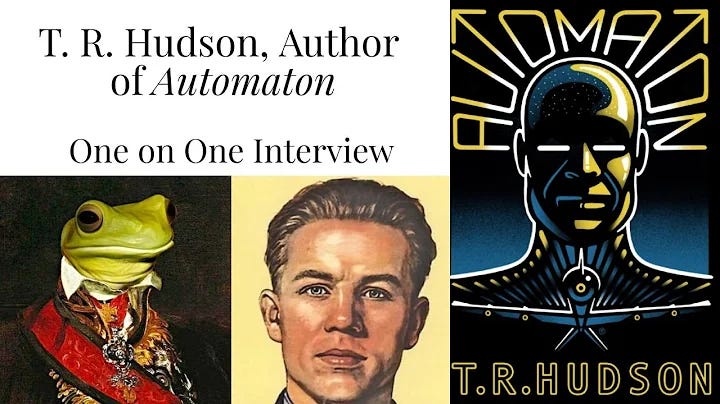
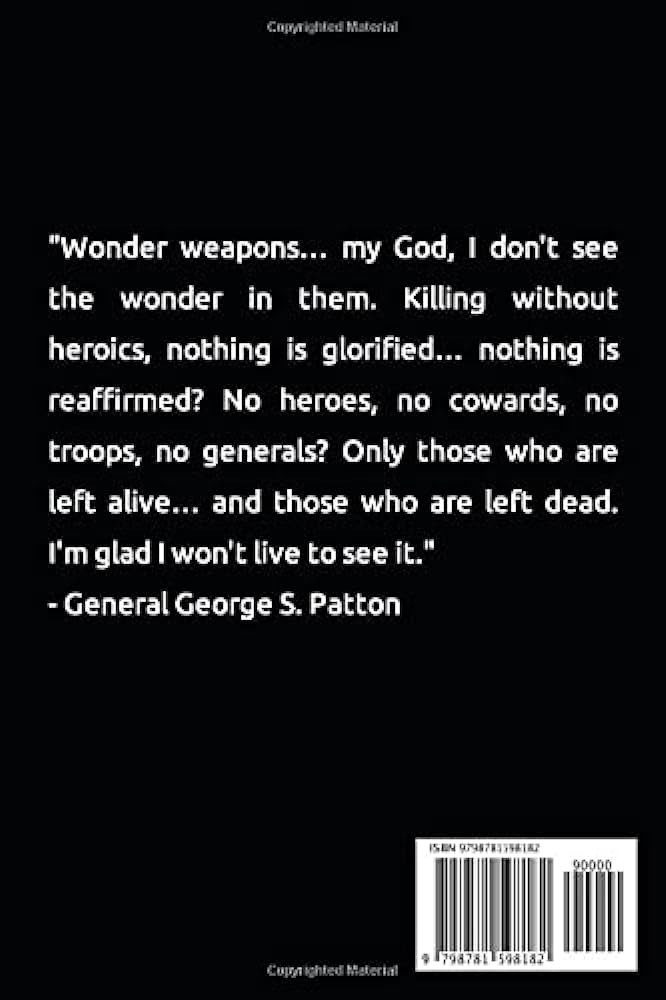













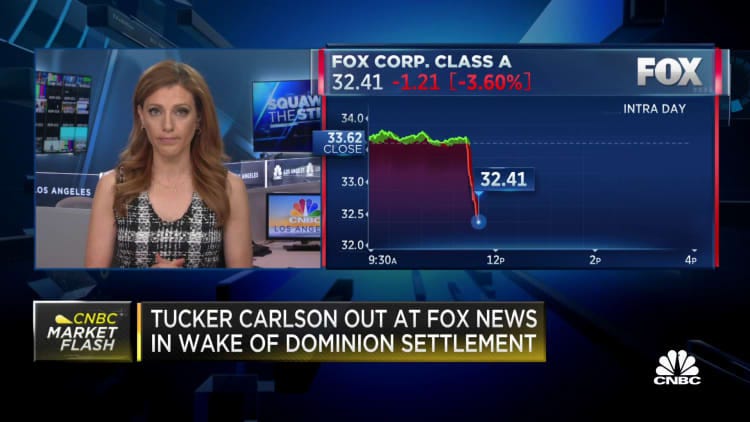

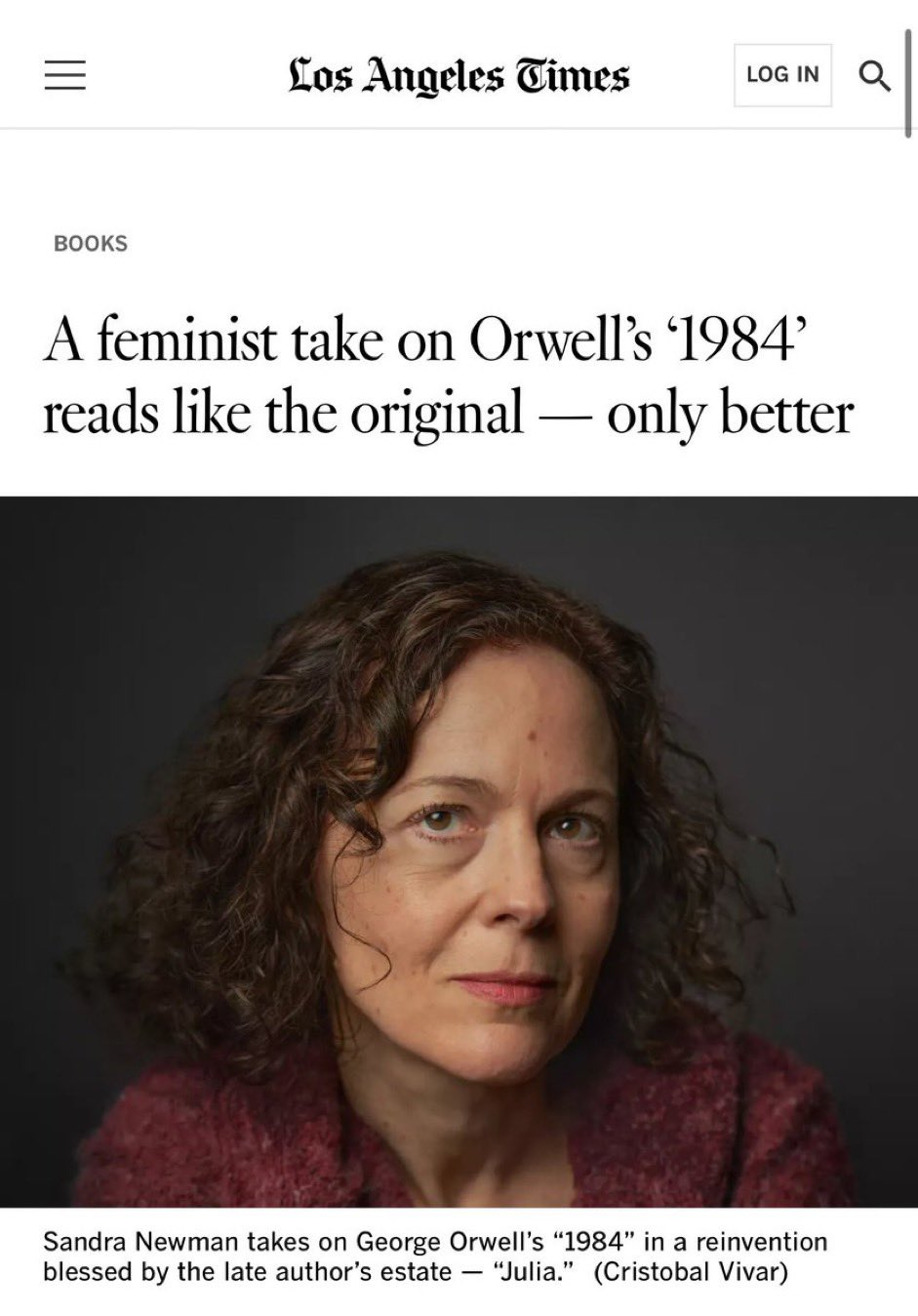
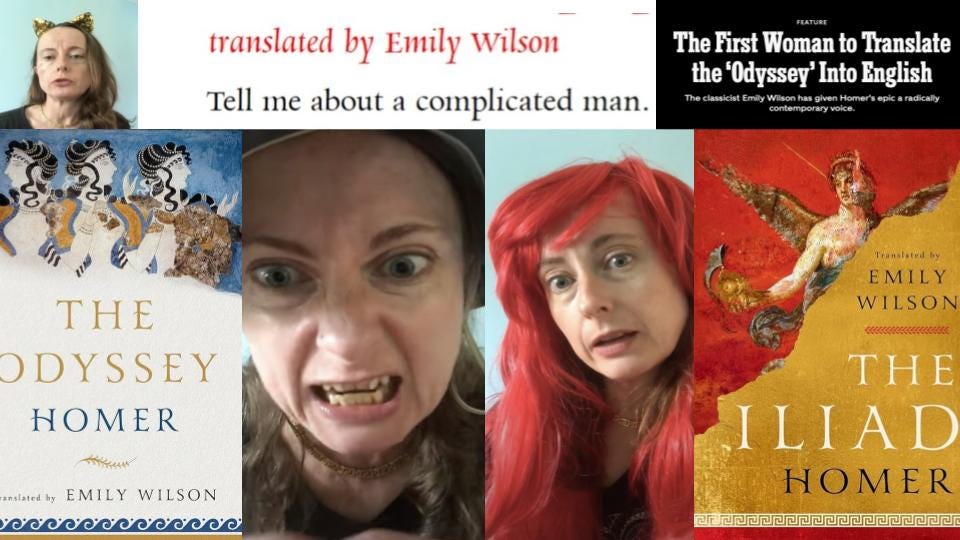
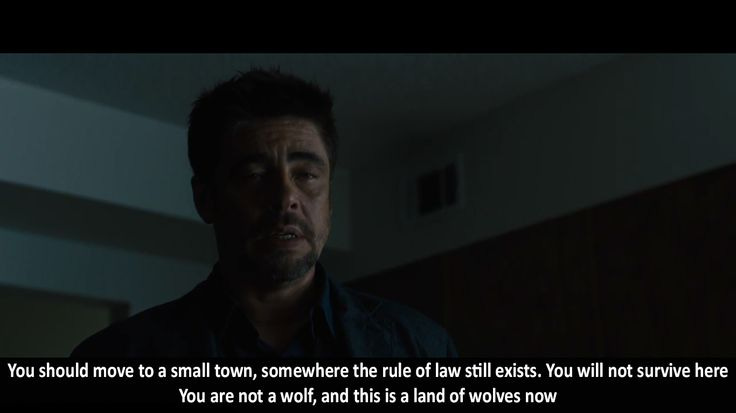
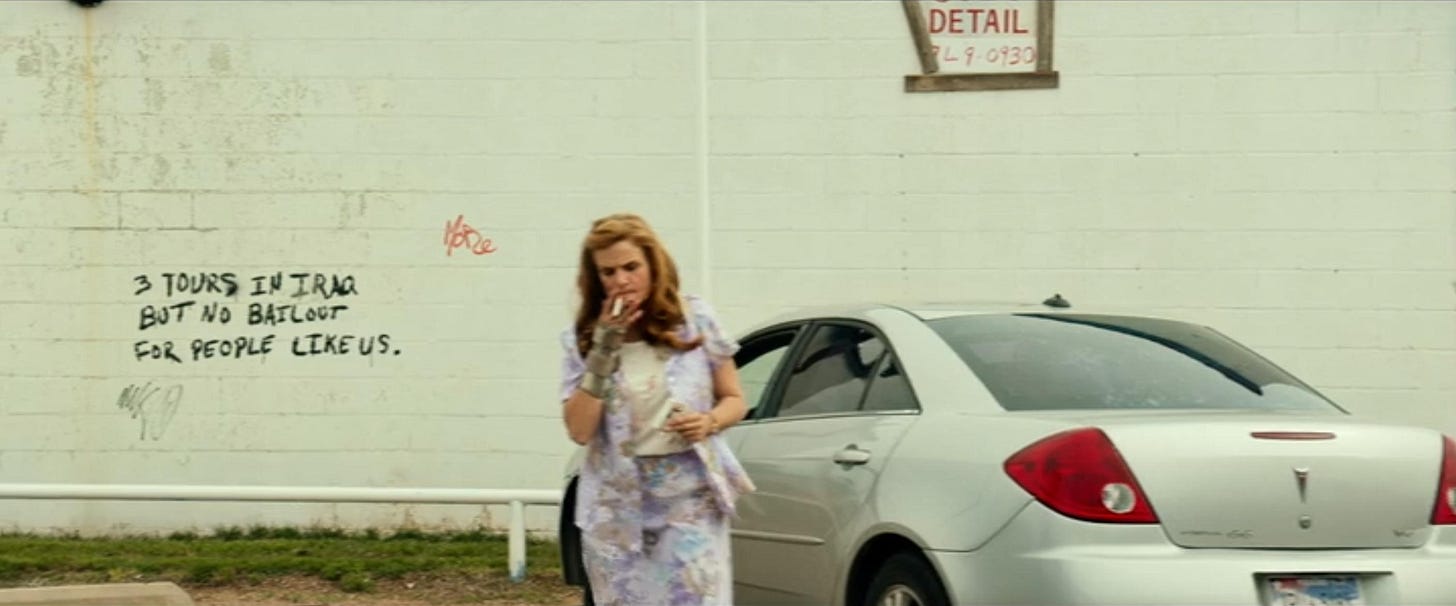

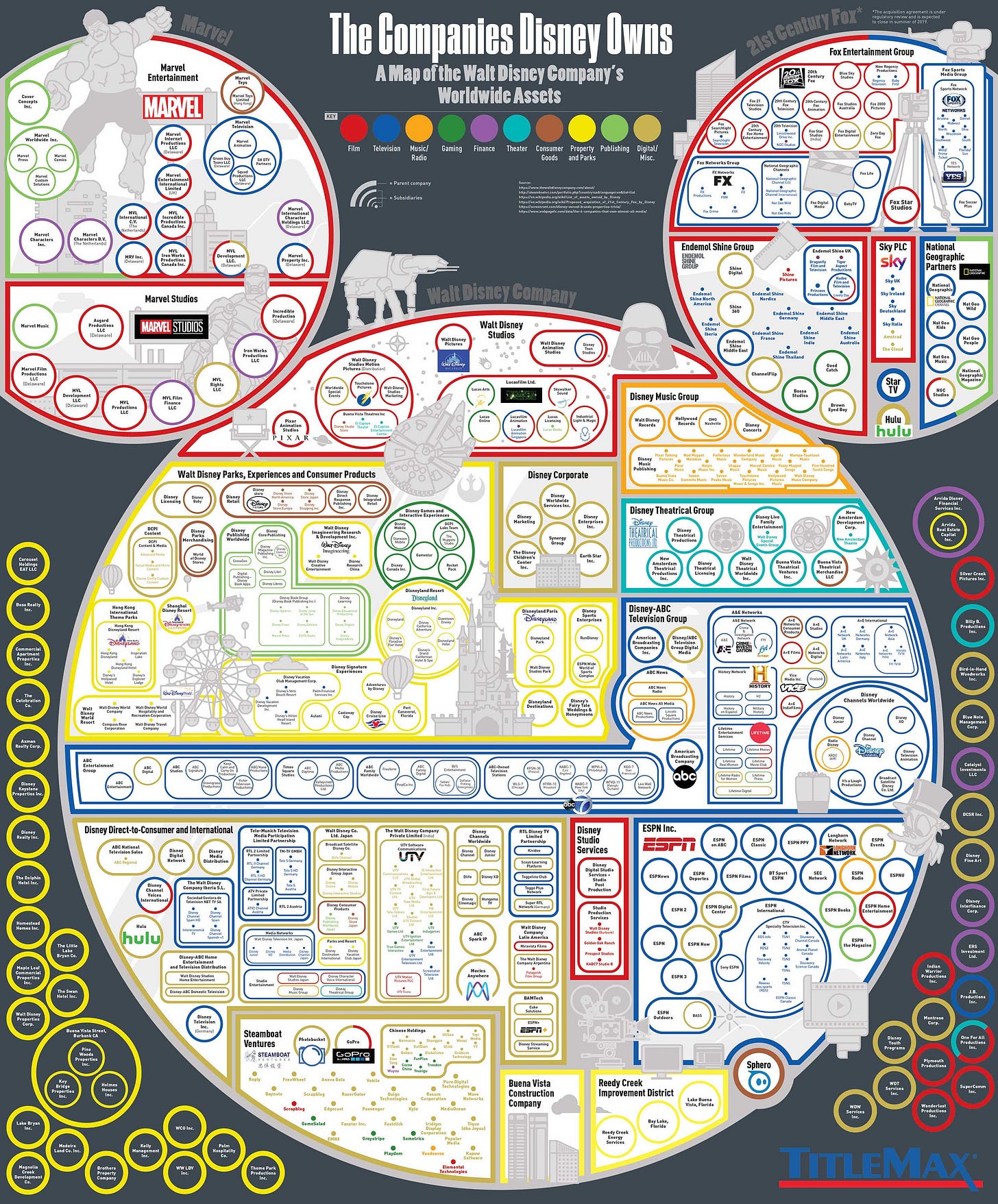

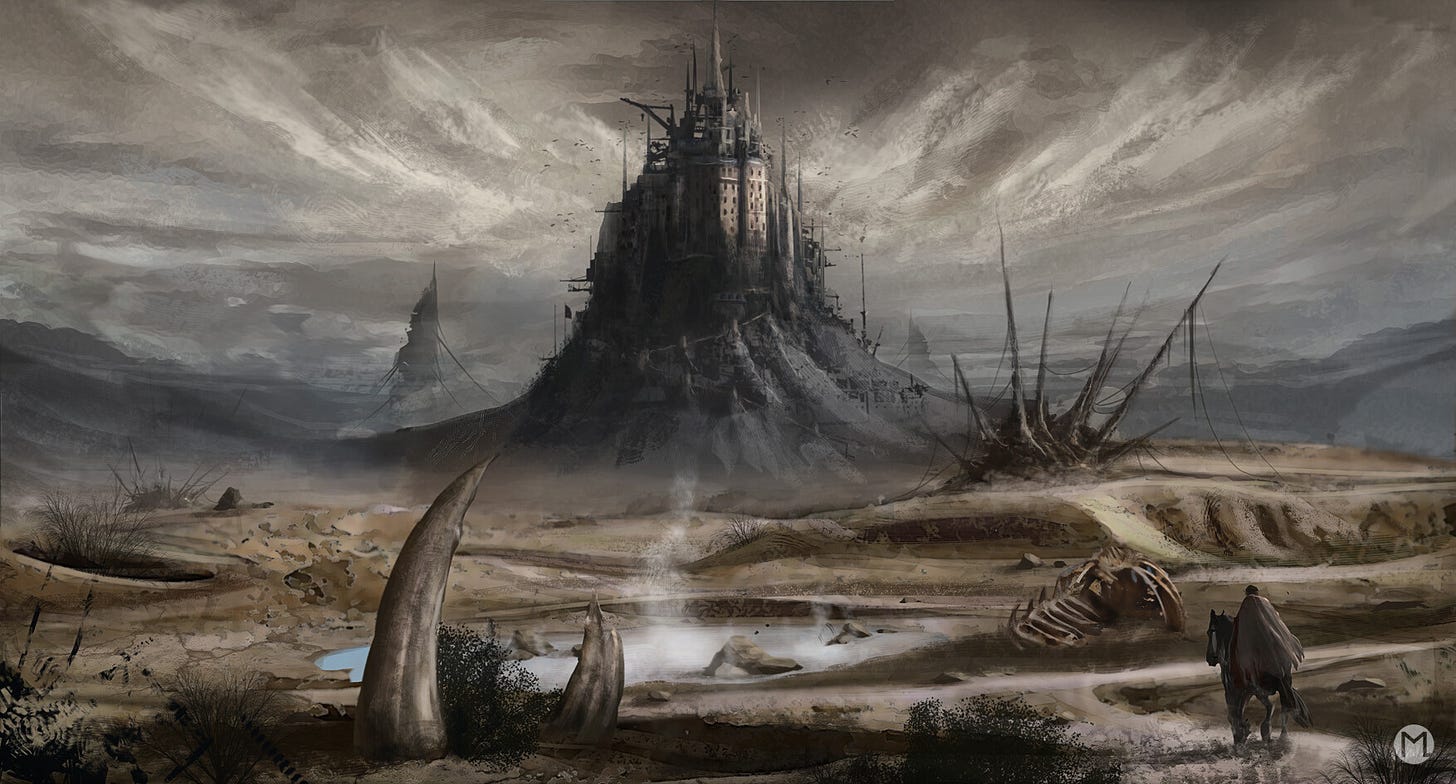

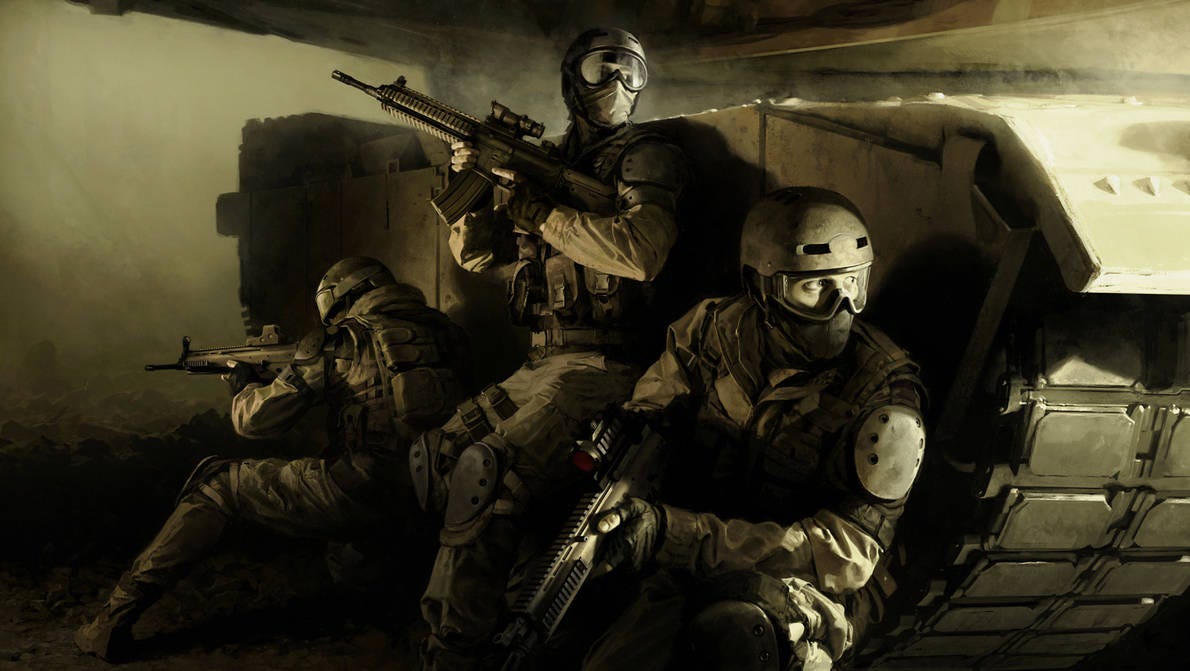
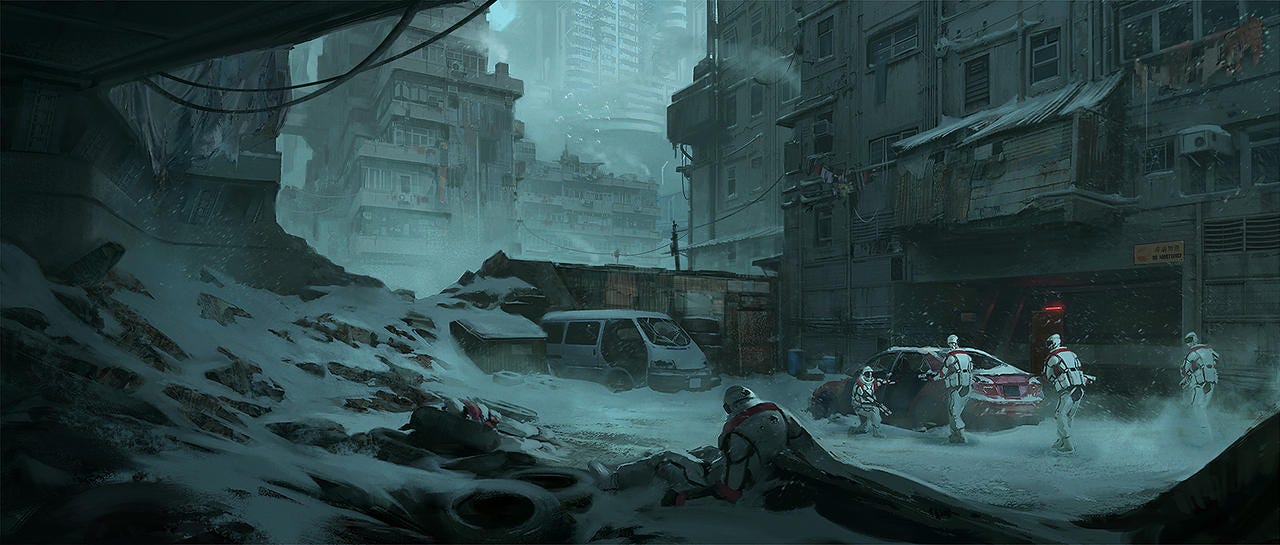
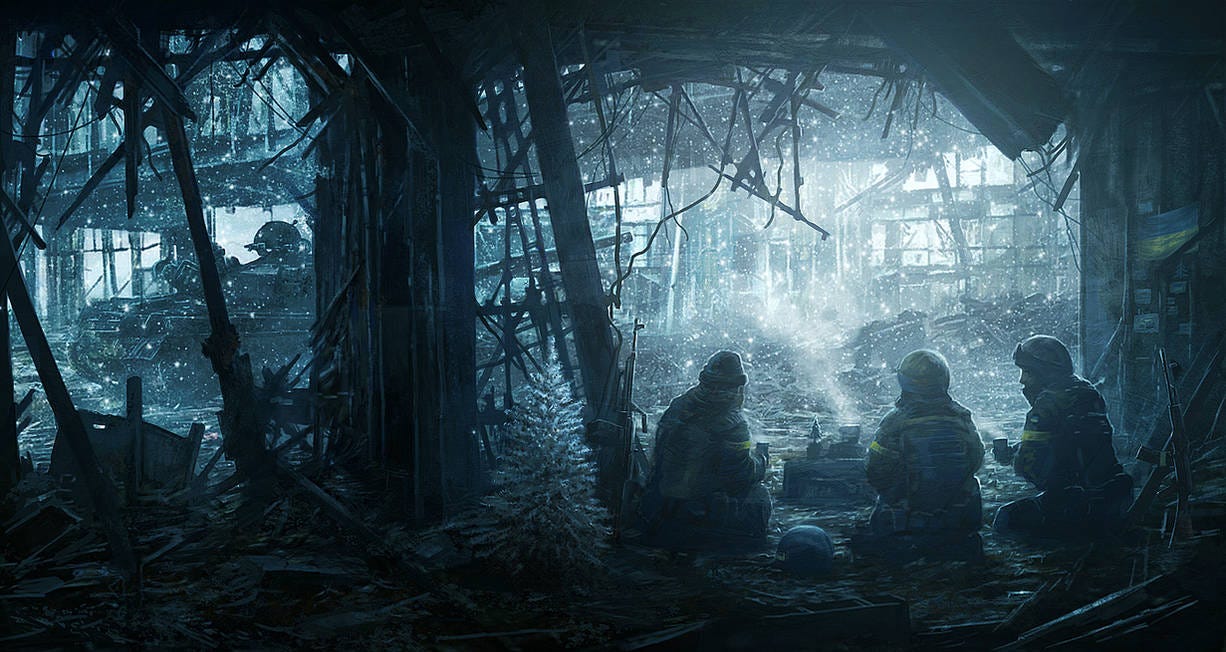
What a delightful passage. A handful of random thoughts and comments.
- I do not consider myself a good writer, but I attempt to make myself better by paying attention to certain grammatical bad habits e.g., ending a sentence with a preposition. Being cognizant of lazy writing will hopefully make me a better speaker.
- When thinking about modern art/DEI/ESG, the quote from Theodore Dalrymple comes to mind which states, "Political correctness is communist propaganda writ small. In my study of communist societies, I came to the conclusion that the purpose of communist propaganda was not to persuade or convince, not to inform, but to humiliate; and therefore, the less it corresponded to reality the better. When people are forced to remain silent when they are being told the most obvious lies, or even worse when they are forced to repeat the lies themselves, they lose once and for all their sense of probity. To assent to obvious lies is in some small way to become evil oneself. One's standing to resist anything is thus eroded, and even destroyed. A society of emasculated liars is easy to control. I think if you examine political correctness, it has the same effect and is intended to.”
- Political street artist with cajones grandes https://unsavoryagents.com/ One does not have to agree with his message to respect his desire to speak his mind.
- Dirty Rotten Scoundrels vs. The Hustle:
DRS train scene - https://www.youtube.com/watch?v=EOyAHaO7lwA
The Hustle trailer - https://www.youtube.com/watch?v=_j5hwooOHVE
It is odd that the idea of woke washing a film is to literally swap the characters from male to female without changing the story.
- Capitalism is always the culprit and at this point it is becoming boring.
- I'll check out T. R. Hudson's book. I have an addiction to buying more books than I can possibly read.
Thank you for such a kind and wide sweeping review. I appreciate your friendship and all the help you've given me in developing as a writer